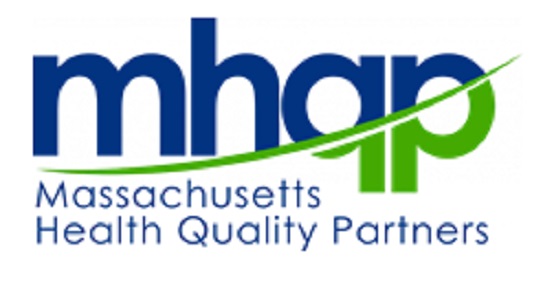Healthcare leaders around the country recognize that engaging patients through collaborative and personalized care is a key to reducing costs and improving outcomes.
To advance this cause, Massachusetts Health Quality Partners (MHQP), with the help of its Consumer Health Council (CHC), has created a new section on the MHQP website dedicated to supporting patients who wish to become more actively involved in their care and more engaged consumers of healthcare services.
The experienced patient advocates and activists on MHQP’s CHC took more than two years to research and compile the most helpful tools, guidelines and information related to patient engagement, and have now assembled and organized them for easy access for consumers on MHQP’s website.
“Finally, all of the best resources to help patients be more engaged and more empowered are available in one single place,” said Nancy Finn, a healthcare journalist and member of the CHC who helped lead the effort.
Among the specific categories in the resource are:
- What It Measures to Be an Engaged Patient
- Your Health Insurance Coverage and Options
- Talking About Healthcare Costs
- Communicating with Your Clinicians and Other Healthcare Providers
- Collaborating with Your Clinician to Plan Your Care
And many more…
“Our healthcare system is unduly complicated and extremely difficult to navigate,” said MHQP President and CEO Barbra Rabson. “This is an essential roadmap to help patients interact with their providers and with the healthcare system at large. We are so grateful to the volunteers on our CHC for dedicating so much time and effort to create this resource to benefit patients everywhere.”
MHQP sees this resource as an important element in shared decision-making and care planning. It was developed primarily to target patients who would most benefit from being more engaged in their care, such as those with chronic and/or high-cost conditions, and those with a new diagnosis who may be unfamiliar with navigating a new part of the healthcare system.
“We hope healthcare providers refer their patients to this resource and recommend that patients use it on their own, as a way to encourage them to become more actively involved,” said Rabson.

